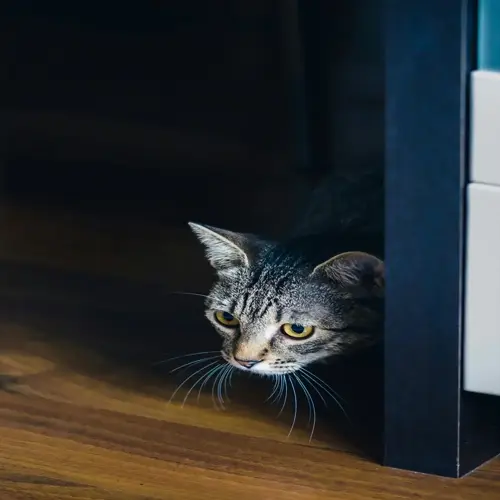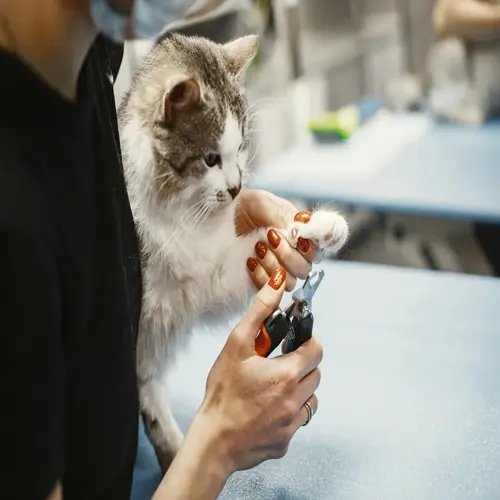Can cats sense human emotions?

Written by
David Smith
Reviewed by
Prof. Henry Webster, Ph.D.Cats have an incredible ability to detect human emotions through the tones of voices and body language. Studies have shown that they are aware of our emotional states. They respond very differently, depending on their personality type. These facts explain why some cats will try to comfort crying owners while others will disappear.
Sensory Mechanisms
- Recognize vocal pitch changes in human speech
- Detect subtle shifts in body posture and movement
- Smell chemical changes in human sweat during stress
- Observe facial expressions from close distances
Behavioral Responses
- Agreeable cats offer purring and head-butting
- Human Cats maintain physical proximity
- Cantankerous personalities often withdraw completely
- Neurotic cats mirror owner anxiety through grooming
Personality Influence
- Bond strength affects detection accuracy
- Past experiences shape emotional interpretation
- Age impacts response intensity
- Health conditions can dull sensitivity
The bond between human and cat is a strong influence in emotional detection. Cats that have secure attachments detect distress more quickly than those without. My rescued cat, named Luna, makes me aware of my panic attacks before I realize they're happening. She nudges my hand and purrs. This is a change from cats that have minimal bonds.
Exercise control over your behaviors around sensitive cats. Neurotic personalities adopt the anxiety of their owners. Try to work on your breathing during difficult times. Do not raise your emotions, including yelling, around a neurotic cat. Maintain consistent routines to create stability. This limits anxiety-mimicking behaviors.
Intentionally strengthen your emotional connections with your cat. Positive interactions during less stressful times build trust in relationships. Whispering and slowly blinking will reassure your cat. Please pay attention to what your cat does when it's comfortable. These small interactions will gradually enhance our understanding of each other.
Read the full article: 5 Cat Personality Types: Know Your Feline

